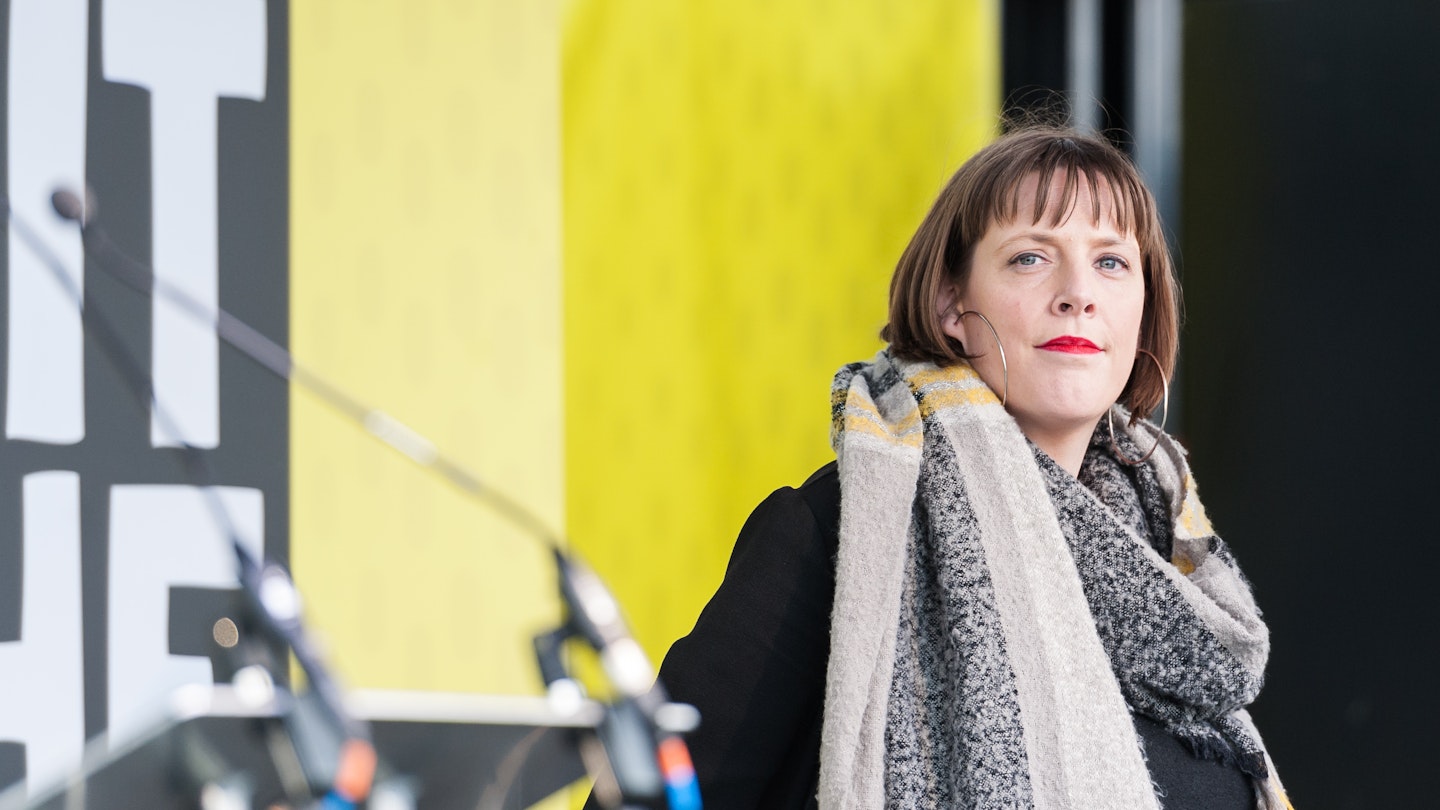Social media's reputation slid further into the abyss this week, as it emerged police had been called in after two female MPs – Labour’s Jess Phillips and the SNP’s Joanna Cherry – faced a barrage of violent threats and sexualised abuse online.
The latest attacks on Phillips had their origin in the 2016 tweet ‘I wouldn’t even rape you,’ by Carl Benjamin, then a YouTuber and now a Ukip candidate in the European elections. When his candidacy brought the comment back to light, rather than apologise, he joked in a video, ‘There’s been an awful lot of talk about whether I would or wouldn’t rape Jess Phillips. I suppose with enough pressure I might cave. But let’s be honest, nobody’s got that much beer.’
Meanwhile, Cherry vowed she would ‘not be intimidated’ by online abuse, which she received after challenging Twitter’s Katy Minshall over the harassment of women on its platform. Minshall admitted it was ‘unacceptable’ that the site had relied on users to flag abuse in the past. Cherry used her own Twitter feed to reveal some of the death threats being directed at her.
The messages were disturbing, but familiar to most women with a public profile who use social media. As a female journalist and commentator, I’ve come to regard violent and sexist comments as an occupational hazard.
But familiarity doesn’t make these attacks any easier to deal with. Many women report withdrawing from social media or avoiding controversial topics, for fear of abuse. at means when services like Twitter and YouTube fail to act, they’re continuing to give abusers a platform and making the internet a hostile environment for women. And given how vital social media is for political debate, this in turn means that politics becomes a hostile environment for women.
Inevitably, misogyny manifests online as well. This week – as police said they were investigating whether an offence had been committed against Phillips – the MP tweeted that, as she was leaving Westminster, a ‘man ran... alongside me asking me about why Carl Benjamin shouldn’t be able to joke about my rape. Shouting, “I pay your wages.”’ Meanwhile, it emerged that Cherry has been given police protection after one of the threats against her was deemed credible.
YouTube says its guidelines prohibit hate speech and harassment, and the video targeting Phillips was removed. A spokesperson for Twitter said it has introduced ‘more than 30 changes to policy, product and process to achieve a healthier, safer Twitter’.
Hating women didn’t begin with the internet, and this abuse is a window into attitudes that have existed since long before broadband. But social media has given the abusers two great gifts. First, they have a direct line to any woman they want to victimise. Second, they have access to a network of the like-minded. Looking at replies to Phillips, it’s clear many men see rape jokes as something to proudly defend.
Companies such as Twitter and YouTube must protect women and actually implement their own policies. Until then, women will always be second-class citizens online.
